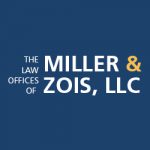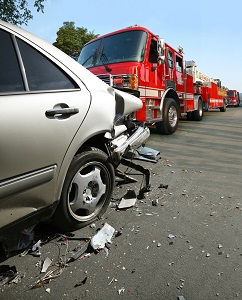Cconducting a direct examination of a wrongful death plaintiff in a personal injury case is a crucial part of presenting your case. Here are some general tips and advice for a successful direct examination, based on the information available:
- Prepare Thoroughly
- Know your case inside and out. Familiarize yourself with all the evidence, documents, and witness statements related to the wrongful death claim.
 Maryland Accident Lawyer Blog
Maryland Accident Lawyer Blog


 If you have been injured in an accident and you are pursuing a personal injury claim, it is important to know the insurance policy limits of the defendant. The insurance policy limits are the maximum amount that the defendant’s insurance company will pay out for a claim.
If you have been injured in an accident and you are pursuing a personal injury claim, it is important to know the insurance policy limits of the defendant. The insurance policy limits are the maximum amount that the defendant’s insurance company will pay out for a claim.